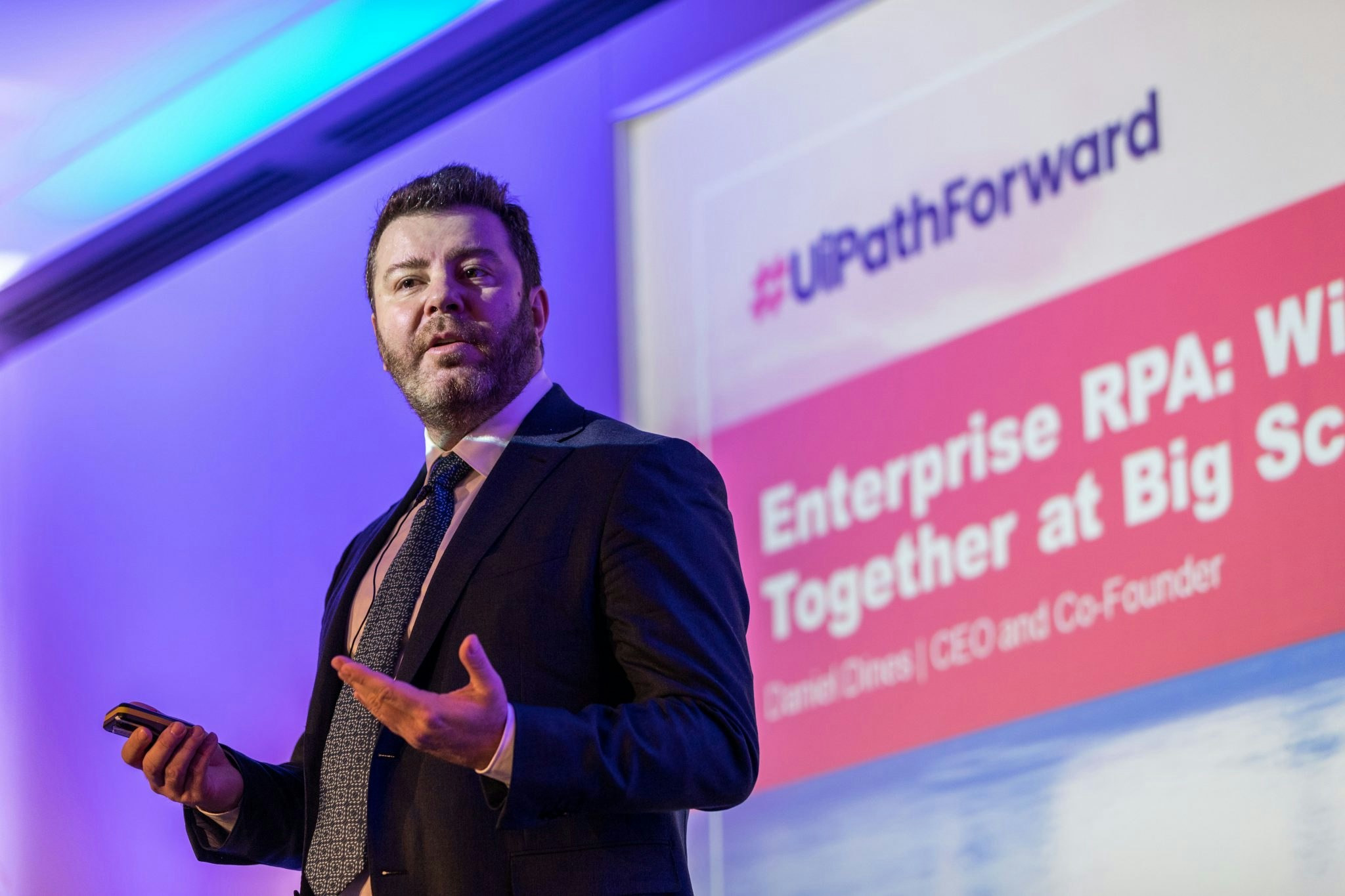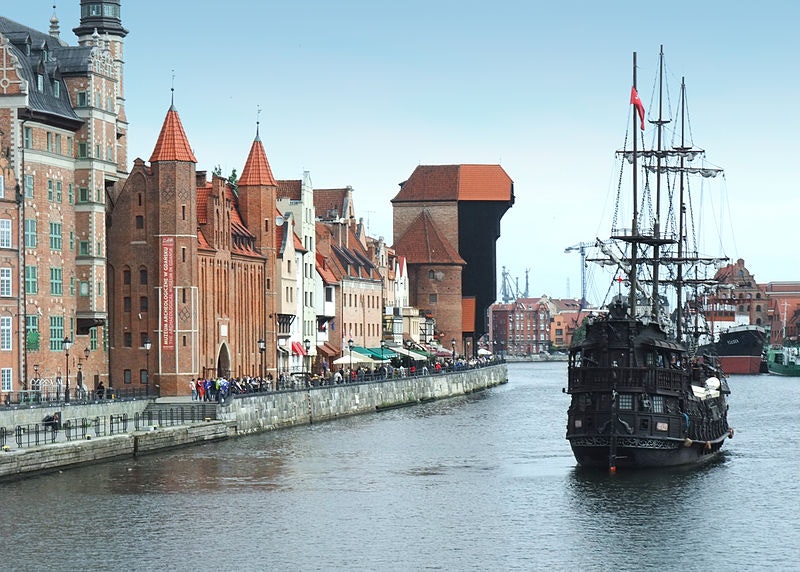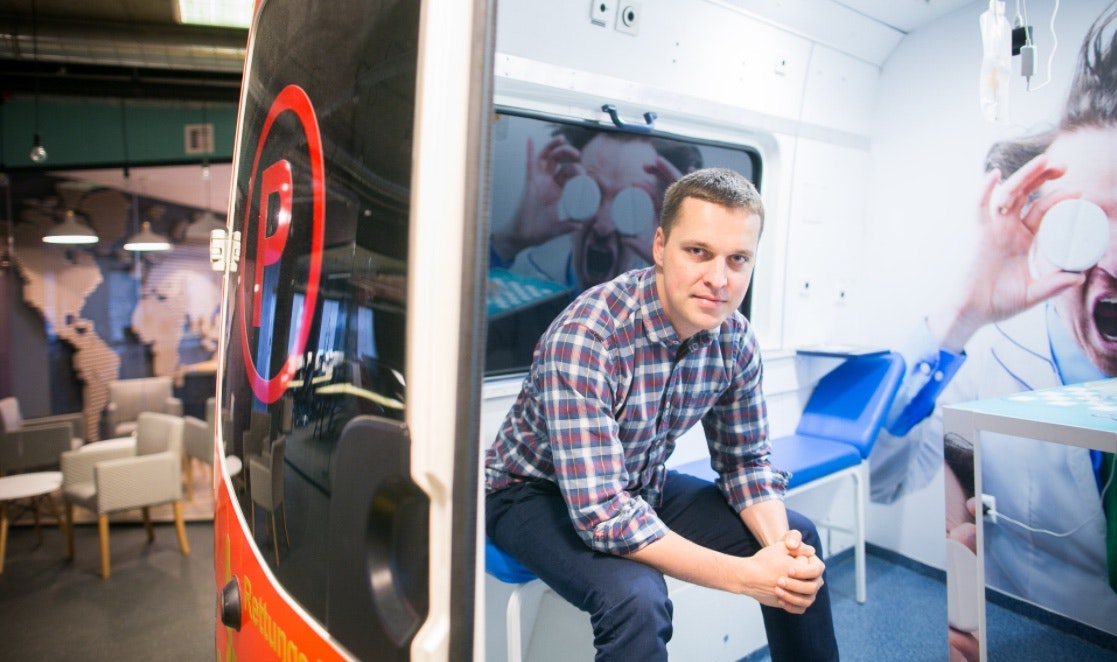On a recent trip to Poland I met two types of entrepreneurs. The first was the warriors who had gone out alone and built cash-generating local businesses without state support. The second was those who had decided to take the poisoned chalice of government money. The trend was clear: the former were thriving, the latter were often floundering.
Until a few years ago there was hardly any state money at all in Poland for startups. That changed completely with the EU-Polish decision to inject venture money into Polish startups. All of a sudden dozens of people with varied track records found themselves at the head of early-stage funds pouring millions of euros into Polish startups.
But with too little history to recognise the good from the bad, the truth is that entrepreneurs have ended up with toxic investors in their cap tables and financing tied to onerous conditions. What was supposed to be a help has, in fact, become a hindrance.
It is true that public-private partnerships have hugely increased the amount of capital available to Polish ventures; adjusted for market size, the Polish government is pledging 10 times more capital to startups, in the form of grants, than its neighbour the Czech Republic.
However, as Chris Kobylecki from seed venture capital fund Innovation Nest in Krakow points out, these government programs come with strings attached.
“Today a grant might be easy money for a startup in Warsaw or Krakow. But a year from now the company may have to turn down an investor that somehow doesn’t fulfil the grant’s requirements. Or maybe the company won’t be able to relocate,” he says.
Those are all dangerous things for founders to sacrifice so early. You don’t know at the beginning if the city you launched from is the one that makes the most sense long-term, or where your next investor will come from.
Defeating Toxicity
With few foreign seed funds adventurous enough to keep heading east past Berlin, for a long time funding options were constrained to a few business angels or self-financed bootstrapping.
Lots of the people I met in Warsaw and Krakow did the latter by building side-businesses. It was amazing to see how recurrent that narrative was. Sometimes it was an outsourcing agency, a few of them owned restaurants, but almost invariably for the best ones, their beginnings had been entirely self-funded.
This taught them discipline in putting the capital they subsequently raised to work, but more importantly, it freed them from the constraints that come with public grants or state money transiting through the hands of venture capitalists.
These constraints are real: as an example, the Bridge Alfa and NCBR (National Centre for Research and Development) programs by the Polish government give the state a priority clause when startups get sold and the right to seize venture capital shares in startups if needed. This is not a great selling point for global growth capital.
Once more, being involved in 80% of venture capital through both programs, the government is by far the single largest investor in the venture capital funds themselves.
Some investors are managing to rise above the swarm of new funds that have cropped up, and the ecosystem is definitely moving in the right direction. As investors build a track record with founders, its quality will only keep increasing; newer founders won’t have to worry about the funding issues their predecessors faced.
Market One, RTAventures and Innovation Nest have stood out as value-adding, founder-friendly partners, conscious of the perils local startups face and determined to protect them from some of the surrounding malpractice.
There is a lot worth protecting in Poland
The talent of Poland’s engineers has been evident for a while as seen by the number of big outsourcing firms; but as competition to hire local talents heats up, several founders mentioned that many companies are now building software teams in Romania.
Valuations are still low compared to equivalent companies in Western Europe, likely due to the lack of competition in early-stage investing.
Poland is a pretty big market but it’s quite decentralised. Unlike France or the UK, which concentrate most economic activity (and even more so tech activity) in their capitals, the Polish ecosystem is made up of several near-equal hubs (Warsaw, Krakow, Gdansk, Poznan etc.). This means that when considering what market to launch in next, neighbouring countries come almost as naturally as other Polish cities.
Polonia, the Polish diaspora, is one of the world’s largest and most dispersed. There is a culture of emigration in the country, which makes international expansion or relocation to more strategic markets significantly less daunting.
Though Poland’s unicorns don’t include a single company less than twenty years old, a new generation of entrepreneurs is emerging and will serve as the bedrock for a healthier ecosystem. Brainly, Docplanner, Creamfinance, but also younger companies like Packhelp or Growbots are great examples.
The Family is hoping to join the venture capital funds bringing alternative sources of financing to Polish entrepreneurs, avoiding all the strings current options come with. We think we can also play a role in helping the earliest stage companies connect to the broader European ecosystem in terms of markets, talent pools and advisor/investor networks.
There is no reason Polish founders shouldn’t seek funding and support from outside the country. There is an opportunity to leapfrog other ecosystems in terms of experience and ambition. For local investors, we’re also bringing the opportunity to invest in companies outside of Poland; sourcing deal-flow anywhere is hard but diversification is essential to managing both risks and returns.


